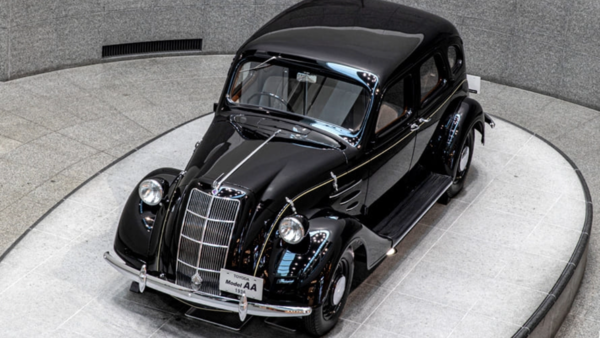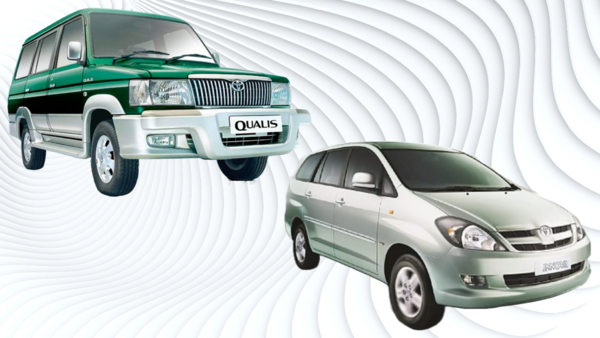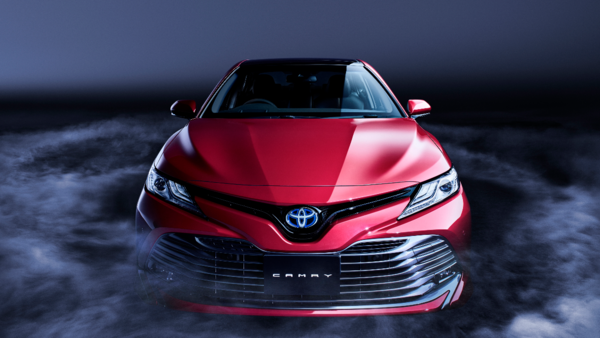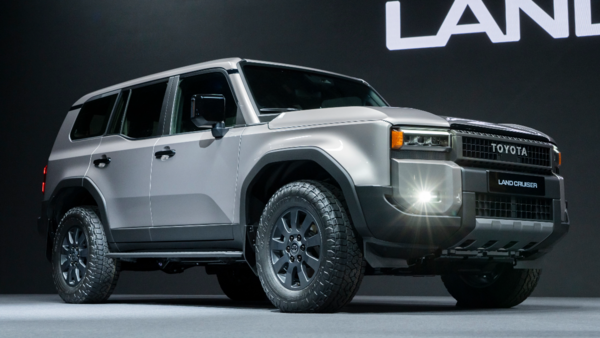
Model AA, Toyota’s first passenger car to go into production. Image credit: Toyota
Brute strength of Toyota worldwide:
Toyota Motor Corporation is a major stakeholder in the global mobility sector and they develop, produce and market passenger cars, SUVs, minivans, buses, trucks and more. They also develop and produce multiple powertrain and energy solutions across, petrol, diesel, flex-fuel, hybrid and battery electric vehicles (BEVs). The corporation is further involved in other industries such as real estate, finance and information technology. In 2013, the manufacturer set the record for the highest production output with 10.1 million new automobiles produced, something that no automaker had achieved before Toyota.
Toyota Flex-fuel Ethanol Hybrid हिंदी Review | TOI Auto
The Indian story:
In 1997, Toyota Motor Corporation entered into a joint venture with the Kirloskar Group and founded Toyota Kirloskar Motor Private Limited (TKM) out of Bidadi, in Karnataka. The first vehicle to come out of the JV, was the Qualis MPV in 2000, which was an instant success. The Qualis grew on to acquire up to 20 percent of the Indian SUV/MPV market share in only two years, against other domestic players such as Tata Motors and Mahindra. Later, the global Camry and the Corolla sedans were also launched in the country and saw tremendous success in their initial phase. However, the Toyota name made its way into every Indian home after the first-generation Innova MPV was launched in 2005. Over the last 18 years, the Innova has won hearts among fleet owners and private owners alike. Models like the Fortuner, which was launched in 2009, did the work of retaining Toyota’s aspirational value and are among the most sought after SUVs till today.

India-focused Toyota Qualis and Innova MPVs
The shift towards electric:
Today, Toyota offers multiple drivetrain models in the country, from the petrol hybrid Hyryder, diesel Fortuner 4×4 to the strong hybrid Innova Hycross. Toyota is further working towards a greener portfolio and is also due to bring in a flex-fuel offering and has been pilot testing a hydrogen fuel cell car (Mirai) in India as well. The company has shown some hesitations towards bringing BEVs to India but that is mainly due to geographical and infrastructural concerns and will likely change in the future.

Toyota Camry hybrid sedan
The road ahead:
According to an Asia Funds Managers report, Toyota Motor Corporation is perceived to have been slow to adopt an all-electric strategy. The world’s largest carmaker has recently accelerated its efforts and recently announced investments worth USD 13.5 billion in battery technology, with an aim to sell 5.5 million BEVs annually by 2030. Toyota Motor Corporation is also investing heavily in autonomous driving technologies and has been investing in research and development related to artificial intelligence and self-driving technologies. The company aims to become completely carbon neutral by 2050.

2023 Toyota Land Cruiser
Which Toyota is the most iconic and legendary in your eyes? Let us know in the comments.

